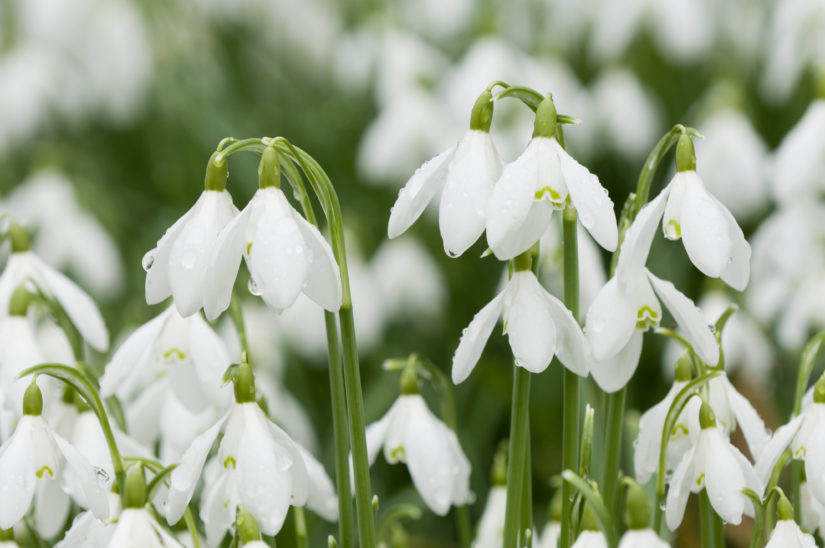Poetry Prompts: The Haiku

Today is International Haiku Poetry Day — so what better time to challenge all of you reading to try your hand at poetry of all kinds?
Experimenting with poetry can be hugely beneficial to your writing, no matter what kind of writer you are.
It’s especially good to try something new if you’re feeling a little blocked or bogged down.
It can help you see things in a different way and hopefully help you feel inspired again.
The haiku
The haiku is a traditional style of Japanese poetry dating all the way back to the 1200s. They were originally used to establish the season at the beginning of a longer poem, but eventually became a style in their own right.
Though it’s a very old style for Japan, it’s relatively new here. A French poet began translating haiku in 1905, and the famous American poet Ezra Pound was greatly inspired by them.
They’re very short — only three lines. The first line has 5 syllables, the second has 7, and the last line has 5 again.
It forces you to think about words – how can you best convey your image using so little?
It’s the perfect vessel to describe a small, chance moment you observe.
“Stop and smell the roses” — that’s what the haiku is about for me.
Take a look at this example by haiku master Matsuo Bashō:
An old silent pond
A frog jumps into the pond—
Splash! Silence again.
Now it’s your turn.
The perfect inspiration for this style is all around you. Spring has sprung!
Have a look out of the window, enjoy a quiet moment in your garden, or have a short pause during a walk.
Note down something you see, think about what you can smell, and listen.
What small thing makes you take notice?
For more information on International Haiku Poetry Day, click here.
For more great Fiction content, click here.










